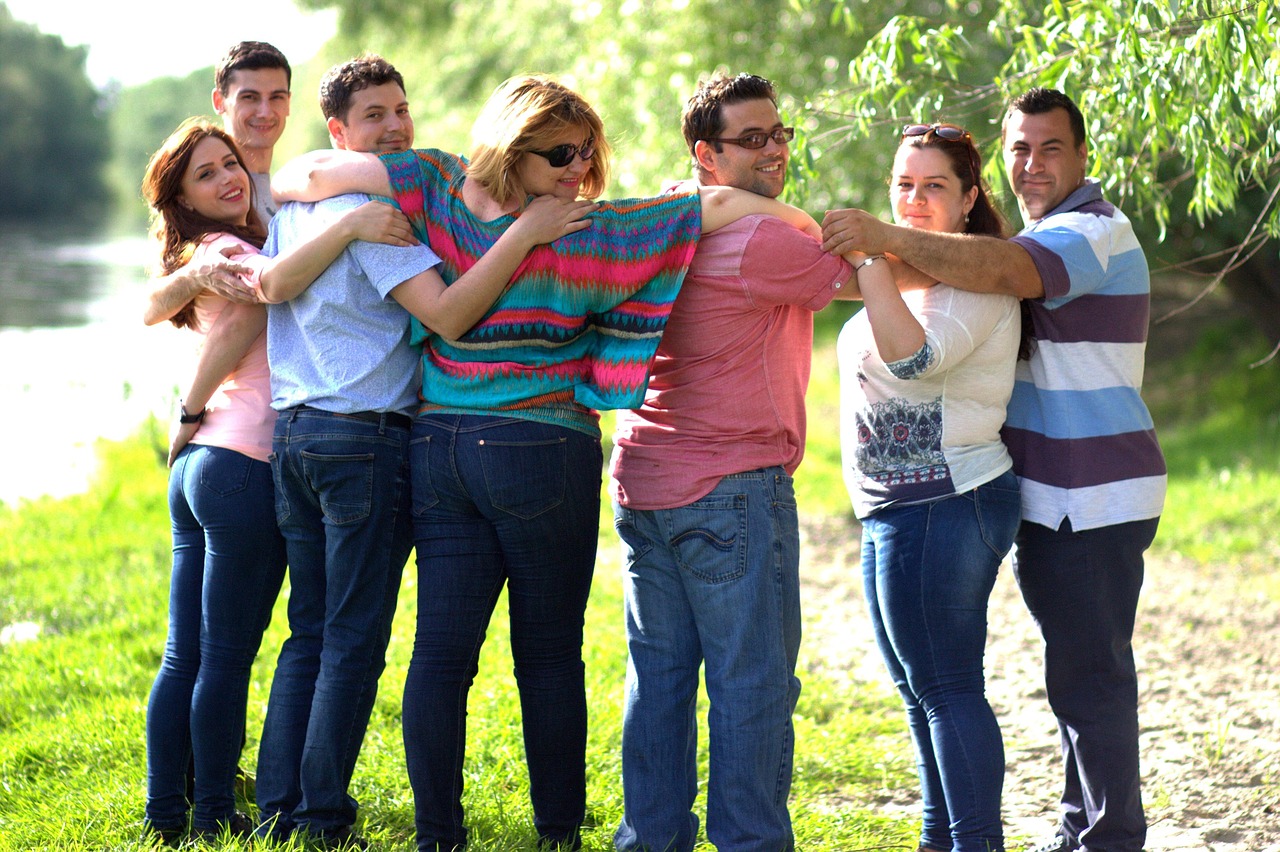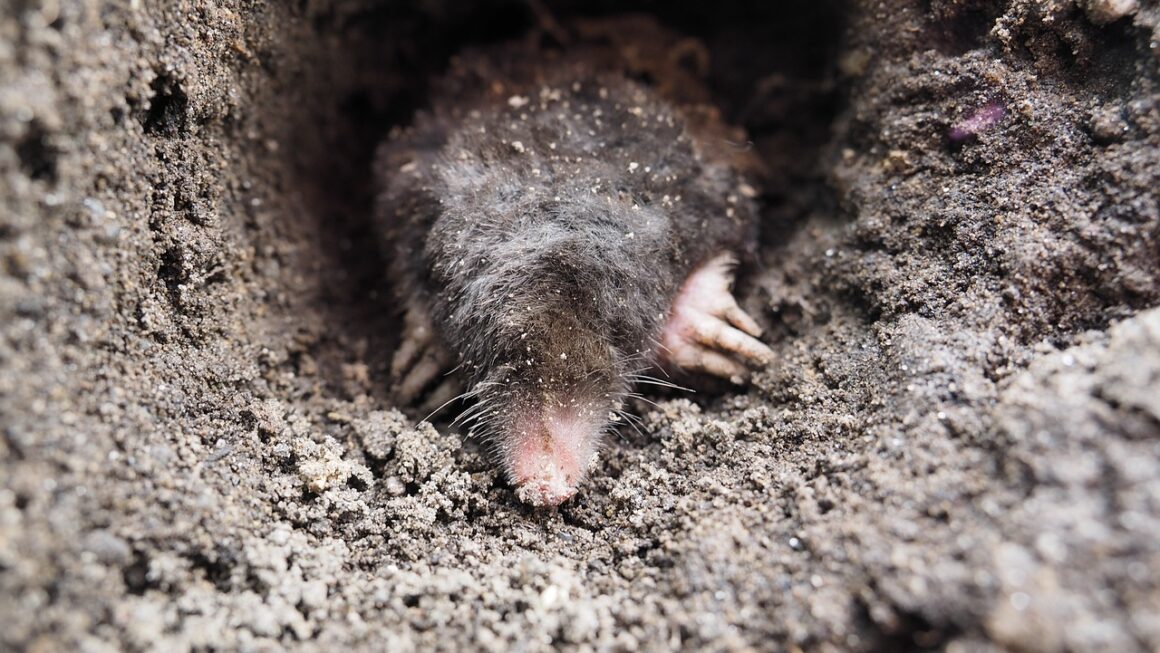The bond of a best friend is a treasure, a unique connection that shapes our lives in profound ways. It’s the unwavering support, the shared laughter, the comforting shoulder to lean on during tough times, and the unwavering belief in you even when you doubt yourself. But what exactly makes a best friend bond so special and how can we nurture and strengthen these invaluable relationships? Let’s delve into the intricacies of this cherished connection.
The Foundations of a Strong Best Friend Bond
Shared Values and Beliefs
A strong best friend bond often stems from a shared foundation of values and beliefs. These commonalities create a sense of understanding and validation, making it easier to navigate life’s challenges together.
- Example: If you both value honesty and integrity, you’re more likely to trust each other implicitly and build a relationship based on mutual respect.
- Tip: Discuss your core values and beliefs openly. Understand each other’s perspectives, even when you disagree. This helps build a stronger, more resilient bond.
Mutual Respect and Admiration
Beyond shared values, mutual respect and admiration are crucial. You don’t have to agree on everything, but you should appreciate each other’s strengths, acknowledge their perspectives, and offer support during difficult times.
- Example: Maybe you admire your best friend’s resilience in the face of adversity, while they appreciate your creativity and problem-solving skills.
- Tip: Regularly express your appreciation for your best friend’s qualities. A simple “I really admire how you handle stressful situations” can go a long way.
Authenticity and Vulnerability
Being authentic and vulnerable allows for deeper connections. Sharing your true self, including your flaws and insecurities, creates a space of trust and acceptance.
- Example: Being able to admit when you’re struggling or feeling insecure without fear of judgment.
- Tip: Practice active listening and create a safe space for your friend to share their vulnerabilities. Respond with empathy and understanding.
The Pillars of a Lasting Friendship
Communication: The Key to Understanding
Open and honest communication is the cornerstone of any successful relationship, especially a best friend bond. This includes both verbal and non-verbal cues.
- Active Listening: Truly listen when your friend is talking, paying attention to their words, tone, and body language.
- Honest Sharing: Share your thoughts and feelings openly and honestly, even when it’s difficult.
- Constructive Feedback: Offer feedback in a kind and constructive manner, focusing on behaviors rather than personal attacks.
- Example: Instead of saying “You’re always so negative,” try “I’ve noticed you seem a little down lately. Is everything okay?”
Time and Effort: Investing in the Relationship
Like any valuable investment, a best friend bond requires time and effort to nurture and maintain.
- Quality Time: Dedicate time for meaningful interactions, even if it’s just a quick phone call or a shared meal.
- Consistent Effort: Make a conscious effort to stay connected, even when life gets busy.
- Shared Experiences: Create memories together through shared experiences, whether it’s traveling, trying new hobbies, or simply spending time doing things you both enjoy.
- Statistic: Studies show that maintaining close relationships can improve overall well-being and reduce stress levels.
Support and Encouragement: Being Each Other’s Cheerleaders
A best friend is someone who supports your dreams, encourages you to pursue your goals, and celebrates your successes.
- Unwavering Support: Be there for your friend during both good times and bad. Offer a listening ear, a shoulder to cry on, or a helping hand.
- Motivational Cheerleading: Encourage your friend to pursue their goals and dreams, even when they face obstacles.
- Celebrating Successes: Celebrate each other’s accomplishments, no matter how big or small.
Navigating Challenges in a Best Friend Bond
Addressing Conflict Constructively
Disagreements are inevitable in any relationship, but how you handle them can make or break a friendship.
- Identify the Issue: Clearly define the problem and avoid personal attacks.
- Active Listening: Listen to your friend’s perspective without interrupting.
- Compromise and Resolution: Find a compromise that works for both of you and focus on resolving the issue rather than winning the argument.
- Example: If you disagree on how to spend a vacation, research alternative options together and find a destination that meets both of your needs.
Overcoming Distance and Changes
Life changes can sometimes create distance between friends, but with effort, the bond can remain strong.
- Maintain Communication: Utilize technology to stay connected, even when you’re physically apart.
- Plan Visits: Make an effort to visit each other when possible.
- Adapt to Changes: Acknowledge and adapt to life changes, such as new jobs, relationships, or family responsibilities.
Forgiveness and Understanding
Forgiveness is essential for maintaining a healthy best friend bond. Everyone makes mistakes, and holding onto grudges can damage the relationship.
- Acknowledge Mistakes: Apologize sincerely for any wrongdoing.
- Offer Forgiveness: Be willing to forgive your friend for their mistakes.
- Learn from Experiences: Use conflicts as opportunities for growth and understanding.
The Benefits of Having a Best Friend
Improved Mental and Emotional Well-being
Having a best friend can significantly improve your mental and emotional well-being. They provide a sense of belonging, reduce feelings of loneliness, and offer support during stressful times.
- Reduced Stress: Studies show that having close friends can lower stress levels and improve overall health.
- Increased Happiness: Sharing experiences and laughter with a best friend can boost happiness and improve mood.
- Emotional Support: A best friend can provide a safe space to express your emotions and receive support during difficult times.
Enhanced Personal Growth
A best friend can also contribute to your personal growth by challenging you, supporting your goals, and offering different perspectives.
- Accountability Partner: They can help you stay accountable to your goals and provide encouragement when you feel like giving up.
- Perspective Shift: They can offer different perspectives that can help you see things in a new light.
- Self-Discovery: A best friend can help you learn more about yourself and grow into the best version of yourself.
Conclusion
The best friend bond is a unique and precious relationship that enriches our lives in countless ways. By nurturing the foundations of trust, respect, and shared values, and by investing time and effort into communication, support, and understanding, we can cultivate lasting friendships that provide companionship, joy, and unwavering support throughout life’s journey. Remember, a true best friend is a lifelong treasure to be cherished and protected.




